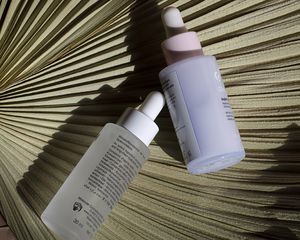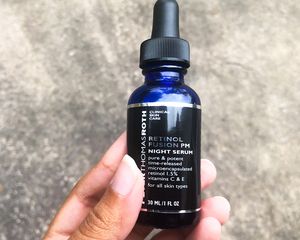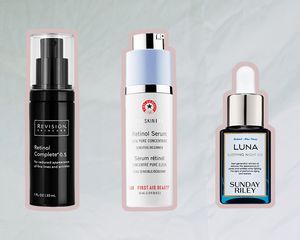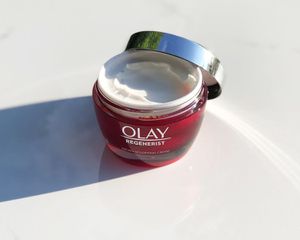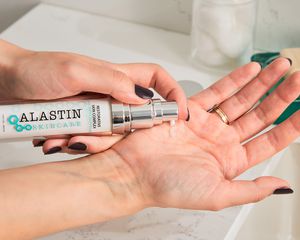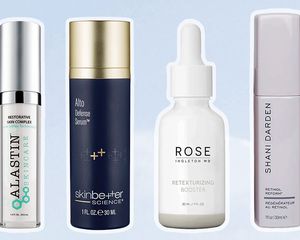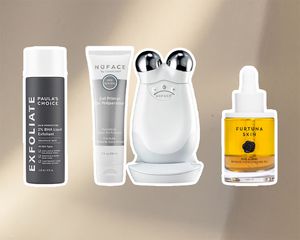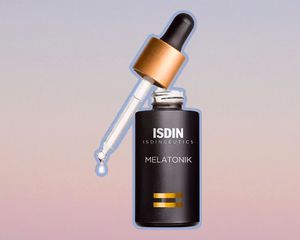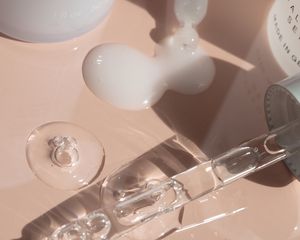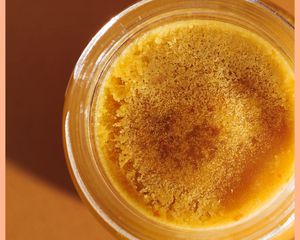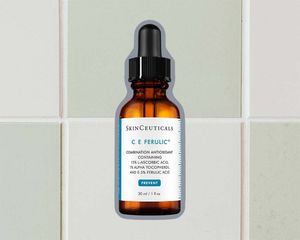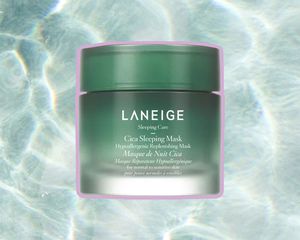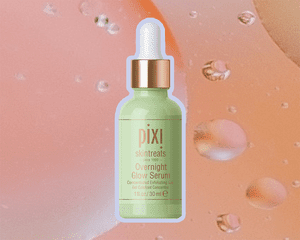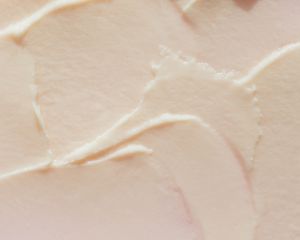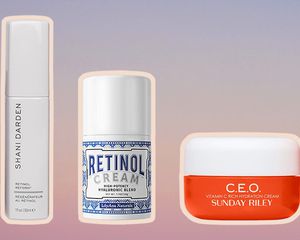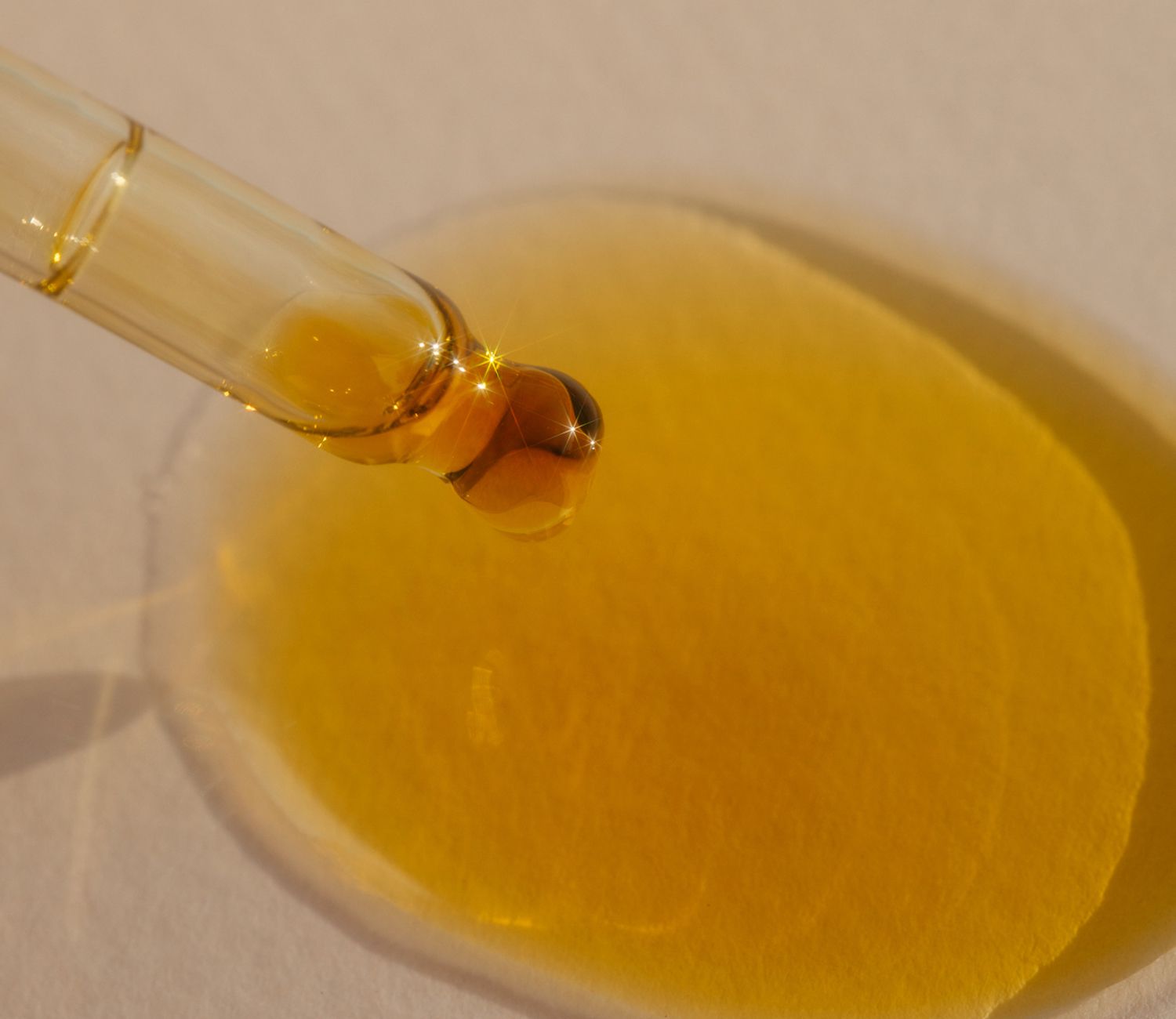
Tawni Bannister / Byrdie
Like peanut butter and jelly or wine and cheese, some ingredients just go better together—and the same is true for skincare ingredients. That's because one ingredient might make up for what another lacks (as is the case with vitamin C and vitamin E), or provide a cushiony barrier to protect the skin from the irritating side effects of another ingredient (like peptides and retinol). Other ingredients can even boost the efficacy of their counterparts.
So, are you curious about the ultimate skincare ingredient duos that work better together? Ahead, board-certified dermatologist Dr. Marisa Garshick shares everything you need to know about ingredient power couples.
Click Play to Watch Skincare Power Couples With a Derm
Meet the Expert
Dr. Marisa Garshick is a board-certified dermatologist based out of MDCS Dermatology in New York, NY. She specializes in medical and cosmetic dermatology.
Vitamin C and SPF
ICYMI—you should be wearing sunscreen every single day. And if the skin cancer risk isn't enough to convince you, you should know that up to 70 percent of visible signs of aging are a result of sun damage. And if you're already wearing a broad-spectrum SPF of 30 or higher, you're doing the best thing possible for your skin—but there is a way to level up your protection. According to Dr. Garshick, pairing your favorite SPF with an antioxidant vitamin C serum can give you even better sun protection. "Together, [sunscreen and vitamin C] are going to protect against UV and free-radical damage that can occur from sun exposure," she says.
Vitamin C and Vitamin E
On the note of vitamin C—it's incredibly effective, but it's also an incredibly unstable ingredient. You have likely heard of vitamin C "oxidizing" (or, turning a brownish hue when exposed to air) or being a common culprit for causing skin irritation; these factors all root back to the instability of vitamin C, which can be drastically improved by the addition of vitamin E. "We already know that vitamin E is a great antioxidant, but vitamin E is too," says Dr. Garshick. "That's why you see vitamin C and vitamin E paired together in so many formulations, as is the case with the Drunk Elephant C-Firma Fresh Day Serum."
Retinol and Peptides
"Retinol is a vitamin A derivative that helps regulate cell turnover and boost collagen production," says Dr. Garshick. "Meanwhile, peptides—when applied topically—help provide a signal to the body to produce more collagen." Since both ingredients help to stimulate collagen production, they're a powerful combination when used together. But according to Garshick, peptides also help improve the tolerability of retinol. It's common for new users to experience dryness, redness, and general skin irritation when beginning a retinol regimen, and using a product like a moisturizing peptide cream can decrease these unwanted side effects.
Ceramides and Hyaluronic Acid
By now, you've probably heard of the hydrating powers of hyaluronic acid. It's a hydrating ingredient that can hold 1000 times its weight in water, so naturally, it's found in hundreds of serums and moisturizers. On the other hand, ceramides are a lesser-known ingredient, but still incredibly important when it comes to moisturizing the skin and protecting the skin barrier. Dr. Garshick recommends layering a hyaluronic acid serum underneath a moisturizer containing ceramides to seal in moisture and fortify the skin barrier.

